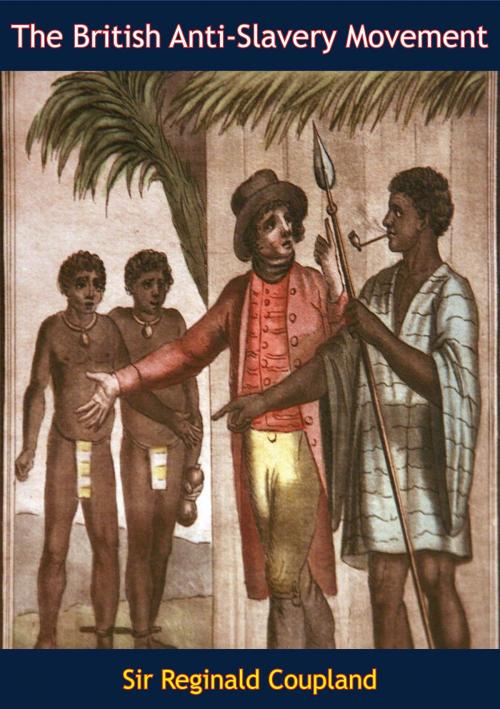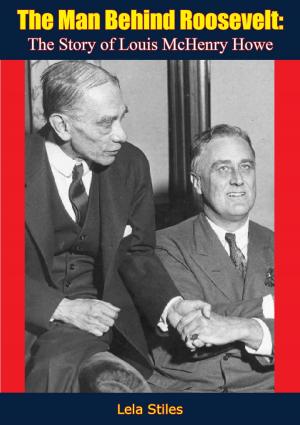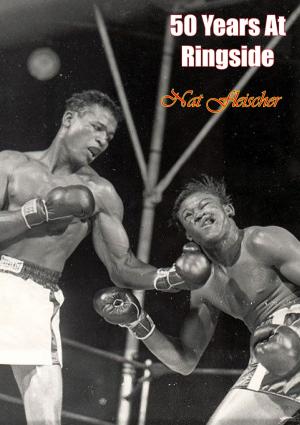| Author: | Sir Reginald Coupland | ISBN: | 9781787207516 |
| Publisher: | Papamoa Press | Publication: | July 31, 2017 |
| Imprint: | Papamoa Press | Language: | English |
| Author: | Sir Reginald Coupland |
| ISBN: | 9781787207516 |
| Publisher: | Papamoa Press |
| Publication: | July 31, 2017 |
| Imprint: | Papamoa Press |
| Language: | English |
This book was first published in 1933 and incorporates material used for a course of lectures delivered at the Lowell Institute at Boston in March 1933.
Sir Reginald Coupland, author of Wilberforce, describes how Britain led anti-slavery movement, starting from the late eighteenth century, marked by the emergency of mass anti-slavery movements organized on the basis of a national network.
A fascinating read.
“A SLAVE, said Aristotle, is “a living tool,” and Slavery may be defined as the ownership and use of human property. The master inherits, buys, sells or bequeaths his slave as he does his pick or his spade. His treatment of him or her may be controlled, like the usage of other possessions, by the custom or law of the society to which he belongs; but in general the slave’s life and labour are as much at the master’s disposal as those of his horse or his ass. As with a beast of burden, the slave’s health and happiness depend on chance—on the character of his master and on the nature of his work. He may be well cared for; he may even sometimes seem better off than if he had never been enslaved; or he may be cruelly treated, underfed, overworked, done to death. But Slavery stands condemned more on moral than on material grounds. It displays in their extreme form the evils which attend the subjection of the weak to the strong. The slave’s soul is almost as much in bondage as his body. His choice of conduct is narrowly prescribed. He cannot lead his own life. He can do little to make or mar his fate: it lies in another man’s hands. Though Slavery was regarded by the founders of Western civilization as a natural and permanent element in human society, it was recognized that enslavement inflicted a moral injury.”—Chapter I
This book was first published in 1933 and incorporates material used for a course of lectures delivered at the Lowell Institute at Boston in March 1933.
Sir Reginald Coupland, author of Wilberforce, describes how Britain led anti-slavery movement, starting from the late eighteenth century, marked by the emergency of mass anti-slavery movements organized on the basis of a national network.
A fascinating read.
“A SLAVE, said Aristotle, is “a living tool,” and Slavery may be defined as the ownership and use of human property. The master inherits, buys, sells or bequeaths his slave as he does his pick or his spade. His treatment of him or her may be controlled, like the usage of other possessions, by the custom or law of the society to which he belongs; but in general the slave’s life and labour are as much at the master’s disposal as those of his horse or his ass. As with a beast of burden, the slave’s health and happiness depend on chance—on the character of his master and on the nature of his work. He may be well cared for; he may even sometimes seem better off than if he had never been enslaved; or he may be cruelly treated, underfed, overworked, done to death. But Slavery stands condemned more on moral than on material grounds. It displays in their extreme form the evils which attend the subjection of the weak to the strong. The slave’s soul is almost as much in bondage as his body. His choice of conduct is narrowly prescribed. He cannot lead his own life. He can do little to make or mar his fate: it lies in another man’s hands. Though Slavery was regarded by the founders of Western civilization as a natural and permanent element in human society, it was recognized that enslavement inflicted a moral injury.”—Chapter I















